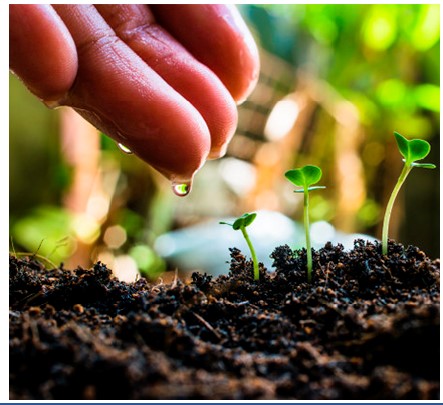
Amino acids, often referred to as the building blocks of proteins, are compounds that play many critical roles in your body. They’re needed for vital processes like the building of proteins and synthesis of hormones and neurotransmitters.12 de jun. de 2018
What is amino acid used for in plants?
It helps in improving the microflora of the soil thereby facilitating the assimilation of nutrients. Foliar Nutrition in the form of Protein Hydrolysate (Known as Amino Acids Liquid) and foliar spray provide readymade building blocks for Protein synth
Nitrates taken into the plant through the roots are pulled into the plant, where they are converted into 20 different kinds of amino acids. These amino acids are turned into proteins in special structures in the cells called ribosomes.
An amino acid is an organic molecule that is made up of a basic amino group (−NH2), an acidic carboxyl group (−COOH), and an organic R group (or side chain) that is unique to each amino acid. The term amino acid is short for α-amino [alpha-amino] carboxylic acid. … Amino acids function as the building blocks of proteins.
Organic Fertilizer contains approx 20% humic and amino acids These organic acids are formed during the composting process of the prime material. … These organic acids form chemical complexes with inorganic soil particles, resulting in the release of blocked nutrients in the inorganic particles such as phosphorous.
What is amino acid used for in plant?
It helps in improving the microflora of the soil thereby facilitating the assimilation of nutrients. Foliar Nutrition in the form of Protein Hydrolysate (Known as Amino Acids Liquid) and foliar spray provide readymade building blocks for Protein synthesis.
Is amino acid good for plants?
Therefor, supplementing plants with amino acid-chelated calcium can help strengthen the plants‘ natural immune system, potentially reducing the need for pesticides and fungicides. The most interesting amino acid is tryptophan. This amino acid as an important function in both plants and humans.
For direct import quotations: contact@rymaxglobal.com